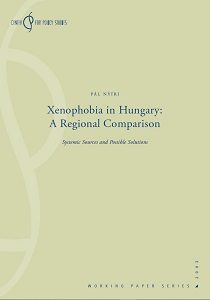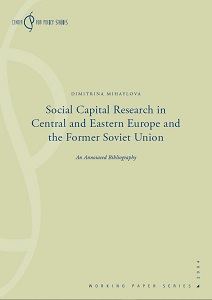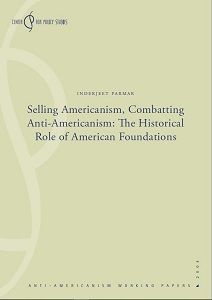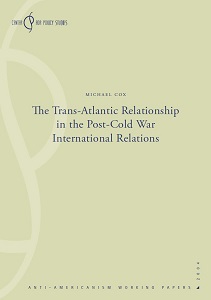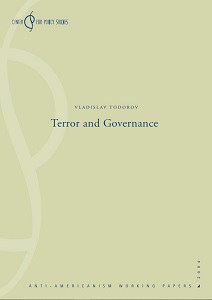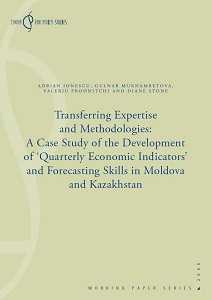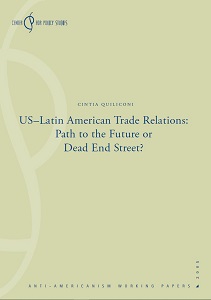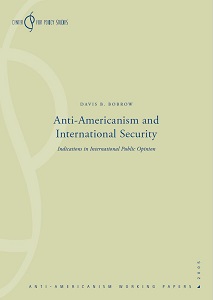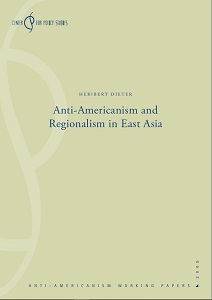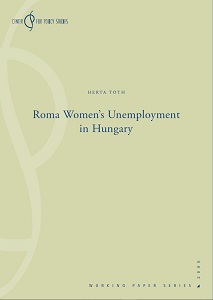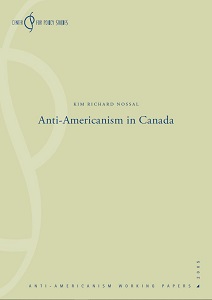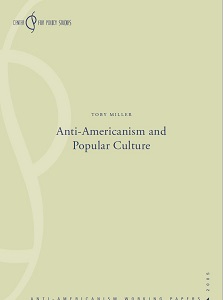Transferring Expertise and Methodologies: A Case Study of the Development of ‘Quarterly Economic Indicators’ and Forecasting Skills in Moldova and Kazakhstan
Author(s): Adrian Ionescu,Diane Stone,Valeriu Prohniţchi,Gulnar Mukhambetova / Language(s): English
Keywords: economic indicators; post-soviet economic development;
The case study “Quarterly Economic Indicators in the former Soviet Union countries” assesses the development of quarterly economic indicators for policy analysis in the Ukraine, Moldova and Kazakhstan, in the context of networking and transfer of good practices between policy centers in the former Soviet Union. It was prepared by Adrian Ionescu (Hungary), Diane Stone (Hungary), Valeria Prohnitchi (Moldova) and Gulnar Mukhambetova (Kazakhstan), and presented at RAND Corporation in May 2005, a non-profit organization based in California that helps improve policy and decisionmaking through research and analysis. With the support of the Local Governance Initiative of the Open Society Foundations, in 2003 and 2004 the International Center for Policy Studies (ICPS) from Kyiv, Ukraine, helped the Public Policy Research Center (PPRC) from Almaty, Kazakhstan and the Institute for Development and Social Initiatives “Viitorul” (IDIS) to consolidate their analytical capacity for economic analysis and forecasting, and publish nationally quarterly economic bulletins on that basis. The areas of practical training and transfer of expertise covered general economic research issues, macroeconomic analysis and economic forecasting, analysis of economic policies and sectoral trends, econometric modelling and analysis of statistical data. The quarterly bulletins cover: International economic trends, Government policy, Monetary policy, Foreign trade, Prices, Monetary policy, Industry, Agriculture, Business, Labor, Households. The publication of the economic bulletins had two major impacts: a) improved the quality of national policy debates in Kazakhstan and Moldova, and b) significantly raised the public profiles of PPRC and IDIS.
More...
